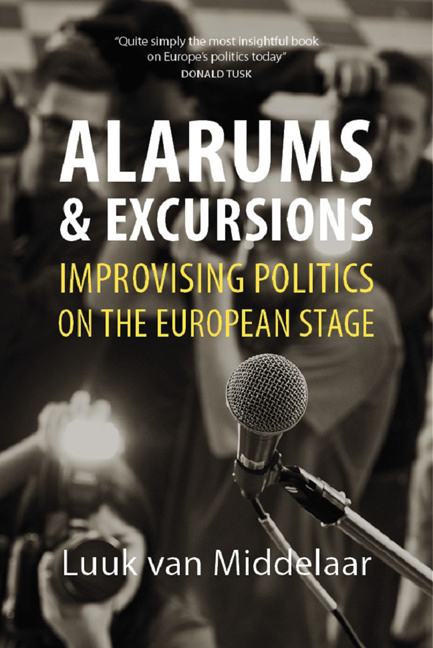7 - The opposition takes the stage
Published online by Cambridge University Press: 16 August 2023
Summary
I must say that it appears to me that those who condemn the disturbances between the nobles and the plebeians condemn those very things that were the primary cause of Roman liberty, and that they give more consideration to the noises and cries arising from such disturbances than to the good effects they produced.
Niccolò MachiavelliWe cannot take politics out of politics.
Giovanni SartoriWhat is a rebel? A man who says no, but whose refusal does not imply a renunciation. He is also a man who says yes, from the moment he makes his first gesture of rebellion. […] What does he mean by saying ‘no’? He means, for example, that ‘this has been going on too long,’ ‘up to this point yes, beyond it no,’ ‘you are going too far,’ or, again, ‘there is a limit beyond which you shall not go’. […] With loss of patience – with impatience – a reaction begins which can extend to everything that he previously accepted.
Albert CamusChecks and balances
The fact that for decades it was impossible to point to a Brussels government of the EU had an important but hitherto neglected consequence: no organized opposition could take shape. Oppositional forces could not be directed to an obvious forum, and so they found expression through other, uncontrollable sites.
For a governing party, the absence of a recognizable opposition – people who make your life a misery, sabotage your plans and aim to get you out of office as soon as possible – may sound attractive, but for a political system as a whole it is catastrophic. Political opposition fulfils vital functions. Here are four of them:
1. Balance. The presence of an opposition strengthens a political system’s “checks and balances”. It puts a brake on abuse of power by governments and civil servants, thereby enhancing the quality of governance and the rule of law. This works best when the opposition has a base in parliament, since from there it can make the executive aware of its potential supremacy. It is the existence of an opposition that gives Montesquieu’s separation of powers its full protective and dynamic effect.
- Type
- Chapter
- Information
- Alarums and ExcursionsImprovising Politics on the European Stage, pp. 217 - 264Publisher: Agenda PublishingPrint publication year: 2019

